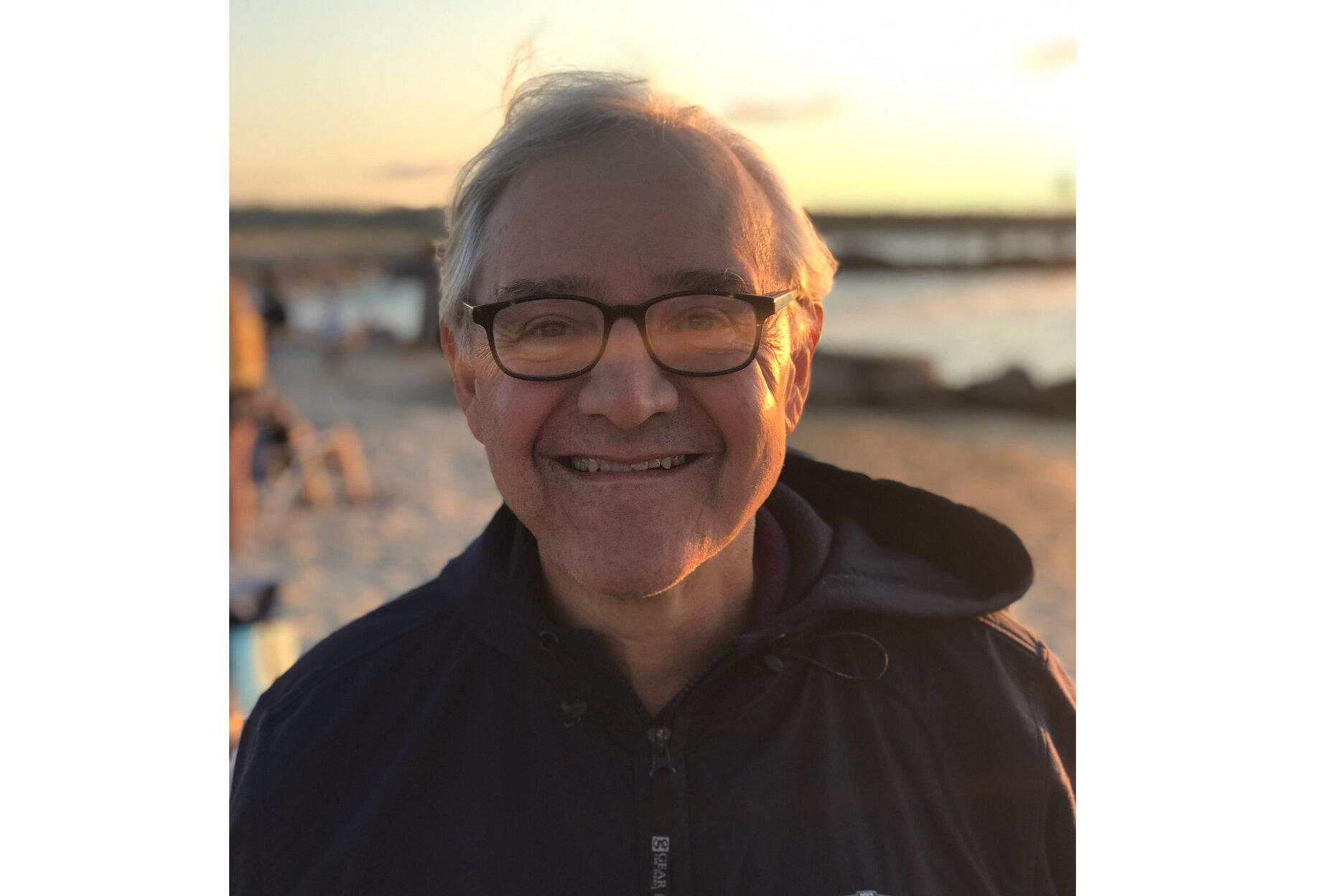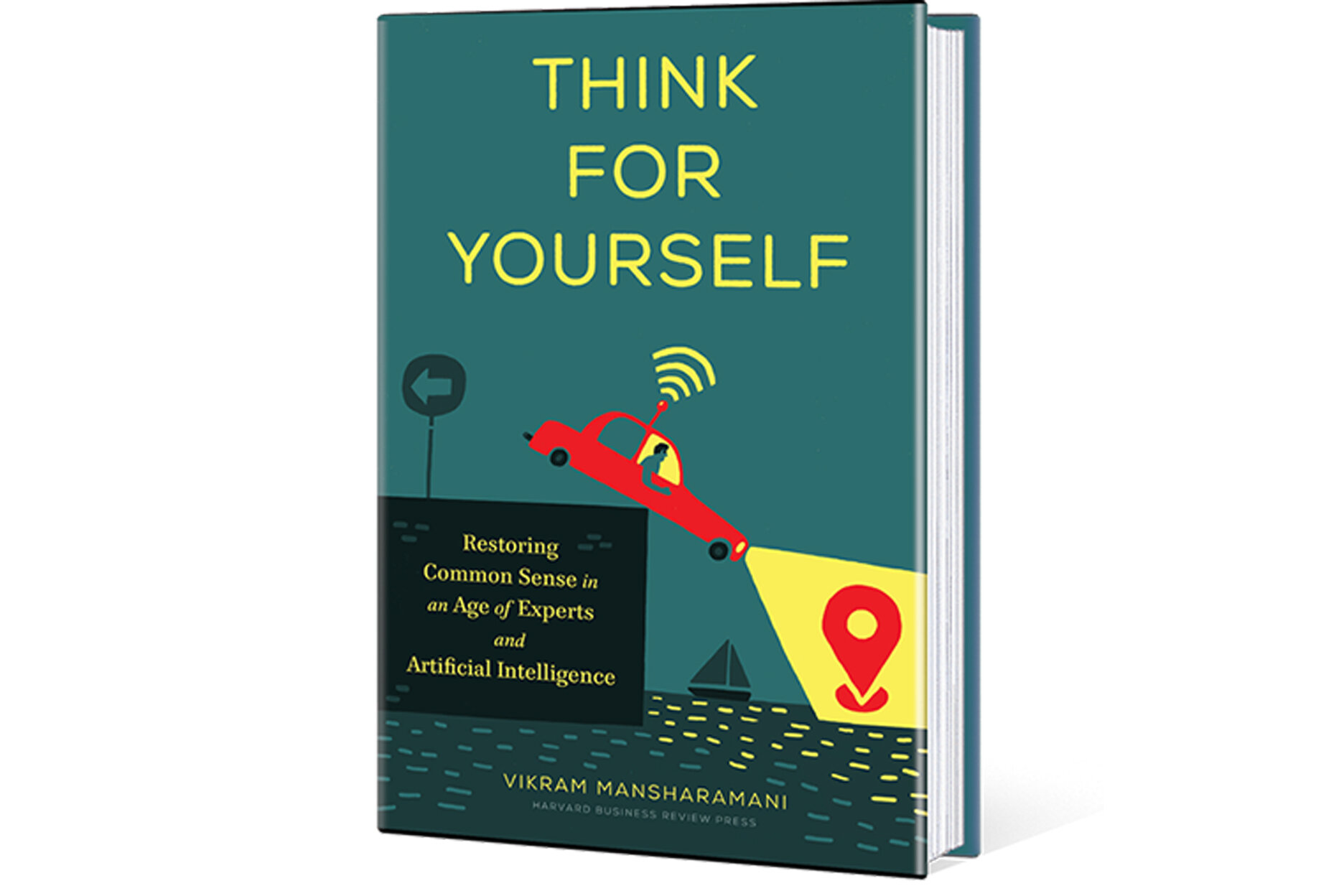Climate Change and International Cooperation
Pedro Mariani discusses why international cooperation on climate change has substantially failed so far and whether we should hope for better outcomes in the near future.
Who was Responsible for January 6th?
CAPITOL INSURRECTION SERIES:
Professor Michael J. Klarman, the Kirkland & Ellis Professor at Harvard Law School, discusses the events and responsibility from the event on January 6th at the U.S Capitol.
The Capitol Hill Insurrection is a Teachable Moment
CAPITOL INSURRECTION SERIES:
January 6, 2021 will go down as one of the most disturbing dates in this nation's history. The attack on and destruction of our nation's U.S. Capitol were despicable acts by homegrown terrorists. They also provided a glimpse into the historical contradictions that have been part of this nation's treatment of race.
Editor’s Note
EDITOR’S NOTE:
In 2021, there are many challenges facing the nation and the world, and the Social Impact Review is committed to doing its part to catalyze positive change in addressing them.
McConnell and Pelosi Are Talking to Each Other Again -- What Might That Mean for Schools? What Should It Mean for Schools?
Harvard ALI Fellow, Julie Allen, argues in this OpEd that federal education aid for schools, without aid for state and local governments, would be ineffective given the three-level system of education funding in the U.S.
India’s Aspirational Districts Programme Focuses Governance Efforts On Development
Amit Kapoor, Michael Green, Mark Esposito and Chirag Yadav discuss how the Indian government has recently taken steps to shift its focus beyond the mere pursuit of economic outcomes to directly target the most deprived regions of the country. By fostering collaboration and utilizing a stakeholder-oriented approach, the Aspirational Districts Programme (ADP) has already shown significant improvements.
Book Review: Rebecca Henderson’s Reimagining Capitalism in a World on Fire
In Rebecca Henderson’s new book, Reimagining Capitalism in a World on Fire, there opens a new path for the future of capitalism, a ‘journey’ that offers rewards, but is demanding.
A Passion for Prevention and a Warning for the Unprepared
POST-ELECTION SERIES:
A conversation with Dr. Howard K. Koh, one of the most influential healthcare leaders in the world today, on what to expect from the Biden-Harris administration in healthcare policy. He emphasizes the need to revitalize the public health system and highlights the importance of preventive care, while addressing issues such as tobacco control, healthcare insurance, and the opioid epidemic.
An Optimistic Outlook for Education (But It’s Complicated)
POST-ELECTION SERIES:
Paul Reville, Professor at Harvard Graduate School of Education and former Secretary of Education for Massachusetts, discusses the education legacy of the Trump administration, potential policy changes under the Biden-Harris administration, and the need for equitable funding and strategic approaches to address the challenges facing the education system, promoting equity and opportunity for all students.
A 2020 Presidential Candidate of Color Reflects on the New President-Elect
POST-ELECTION SERIES:
Former Massachusetts Governor Deval Patrick discusses the election of Joe Biden and Kamala Harris, highlighting their potential to heal the nation, address hyper-partisanship and structural racism, and inspire a new vision of inclusivity and opportunity. He also emphasizes the importance of grassroots engagement and the need to combat voter suppression.
Over 74 Million Votes for Trump and Party Polarization is Stronger than Ever
POST-ELECTION SERIES:
A conversation with Dr. Robert J. Blendon on the current state of American politics and public opinion. Dr. Blendon's analysis of national polls reveals how the nation is deeply divided along party lines and he discusses the challenges the Biden-Harris administration faces in addressing the pandemic and economic recovery while navigating a politically polarized landscape.
What American Higher Education Can Learn from Africa
The majority of American colleges and universities are caught between two powerful and opposing forces: the compelling need to change and the structural resistance to change. Brian Rosenberg, President Emeritus of Macalester College, provides a compelling example of innovation in Africa and what the US education systems can learn.
A Spirit of Hope, A Sense of Alarm: Building the Broad Coalition our Country Needs to Restore Dignity
A conversation with distinguished journalist E.J. Dionne where he explores his thoughts on why white evangelists continue to support Donald Trump despite his divisiveness. Dionne also discusses the challenges in bridging the gap between Trump's supporters and opponents, emphasizing the potential role of a less divisive leader who focuses on empathy and shared values.
Immigration Reform: Yes it’s Complicated, But We Can Change It If We Don’t Look Away
Kids, with and without their parents, have been coming to the U.S. requesting help for generations. Historically, the U.S. response has been welcoming, and in 1990 Congress created a pathway for some unaccompanied children to be able to normalize their status and to become citizens. That changed during the Trump Administration. Linda Dakin-Grimm discusses U.S. immigration system reform.
Thinking For Yourself: Intellectual Self Reliance in an Hyper-Connected World
Fundamentally, self-reliance in the twenty-first century is about thinking for yourself and not becoming paralyzed by the data deluge and overwhelming information we suffer through on a daily basis. Vikram Mansharamani discusses ways to harnesses the power of experts and technologies without giving up autonomy.
Election 2020: Loneliness, the Art of Healing and our Democracy
The reality of the seemingly endless pandemic combined with the stream of anger and violence exposed in media, is now fused with historic levels of loneliness and isolation. Robin Strongin discusses how reducing loneliness and social isolation is one way to reconnect people, to reestablish a meaningful sense of belonging and worth, and in so doing, provide an antidote to hate.
Reject Hate. Reclaim Politics.
The Women’s Equality Party (WEP) is the United Kingdom’s first and only feminist political party and was designed to make gender equality a reality for everyone. Doris Honold discusses the party's mission and goals under Mandu Reid.
Producing a Just Culture of Safety and Quality in Nursing Homes
As the peaks and valleys of COVID-19 cases and deaths create chaos in the health care sector, the pandemic is shining an intense spotlight on nursing homes - what they do and how well they do it. Anne Montgomery and Sarah Slocum discuss how we should use the challenges and vulnerabilities exposed by COVID-19 as a catalyst to focus closer attention and resources on a cherished population.
It’s Our Financial Regulators’ Job To Protect Us From Climate Change. It’s Our Legislators’ Job To Make Them!
As climate-induced wildfires and hurricanes ravage America, our lives, our livelihoods, and the stability and security of our financial markets are in danger. Steven Rothstein and Veena Ramani, from Ceres, discuss how climate change is a systemic risk and we need our elected representatives to use their power to hold regulators to account for immediate climate change action.
Women's Economic Empowerment: A Critical Tool for Post-Pandemic Economic Repowering in Colombia
Marta Lucia Ramírez, the Vice President of the Republic of Colombia, discusses how national economies weakened by the COVID-19 pandemic must take measures that include comprehensive actions for women's economic empowerment, as a prerequisite for a sustainable recovery.




















